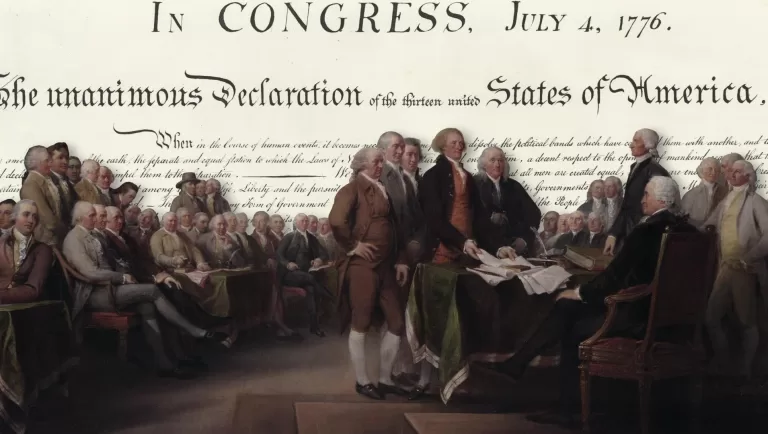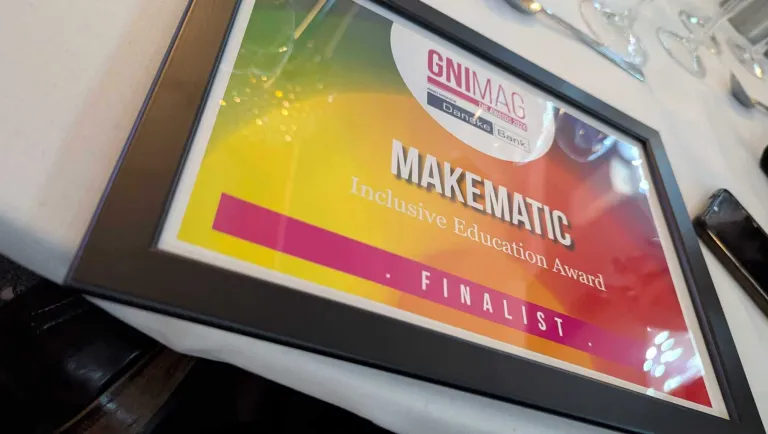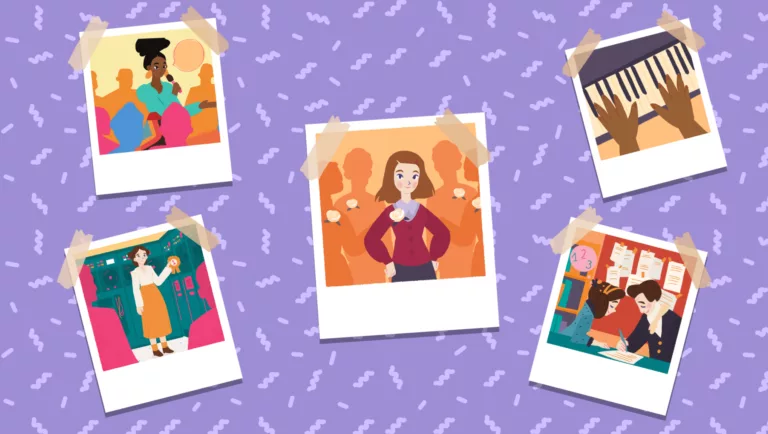
What Does It Mean To Support Students With Learning Disabilities?
Lately, I’ve been doing a fair bit of work with my school leaders to help our staff be better positioned to teach and support our Students with Learning Needs (SWLN). It’s not to say that our staff are not doing anything – they are. It’s also not to say that they don’t know what they are doing – on the most part, they do. But I’ve come to the realization that there is, a lack of understanding in knowing the ‘why’ behind their supports, (aside from the obvious why that is).
Why do we modify, adjust or accommodate the learning needs of students?
Theobvious answer lies in our legal obligations. The Australian DisabilityDiscrimination Act (Government, 2020) and Disability Standards for Education (DEAT, 2018)relate to ensuring that
(1)a person is not treated unfairly because of their disability and
(2)that a student with a disability can learn and participate in education on thesame basis as their peers.
Withinour classroom and our teaching practice, it is up to us to ensure that a SWLNis able to learn and is not made to feel different because of their struggles. Imean you wouldn’t ask a student with a broken leg to run 100 metre race, wouldyou?
And it’s the words – modify, adjust and accommodate - that I’ve come to realise that staff struggle to understand. By unpacking the differences between modification, adjustment and accommodation I’ve seen a real change in classroom practice.
Let’s unpack this further
Modification. In education terms, modification means that changes in academic expectations need to be made. That the student is working at a level below their peers, and as such, we need to modify the curriculum expectations to enable them to achieve and feel success. A student with an Intellectual Disability or a Developmental Language Delay requires modifications. They are cognitively behind their age appropriate peers so cannot be expected to complete the exact same output as their peers. Teachers need to modify their level of work so that it is more cognitively appropriate. Students who require modification may also benefit from accommodations and adjustments, depending on the subject and their challenges.
Accommodations and adjustments can be discussed in the samemanner. This is where teachers need to make decisions that either accommodatethe disability or the learning is adjusted because of the disability.
- Whenwe accommodate, we use our knowledge of the learning challenges for the studentand use this for their outcomes.
- Yet, when we make adjustments, we are changingthe way we expect an output from a student because of their challenge.
Take Dyslexia for example – it is a Specific Learning Disorder generally related to reading and writing. We can’t ask a student with a reading disability to sit and read a passage of text aloud to the class, or even to themselves, without some sort of accommodation or adjustment. To accommodate the dyslexia, a teacher would avoid asking this student to read aloud. To make an adjustment for dyslexia would be to allow the student to use assistive technology that reads aloud to them as they follow along.
How to know which is appropriate?
Thisis where your knowledge of your student in your class is paramount. Whenplanning your lesson or assessment task, teachers need to take the time toconsider the following question for each SWLN.
- Is thestudent capable with a couple of tweaks or will it not be enough to just tweak?
Ifthe student is still not going to be able to achieve with adjustments, thenmodifications might also need to be made.
Alwaysensure you have consulted with both the student and their family to ensure theyare
(1)aware that changes to their curriculum need to be made and
(2) to give the student a voice in their learning – that they have been consulted and agree to what you’re planning for them.
I always tell my parents that they have a PhD in their child, and this goes a long way to helping us at school to know how best to support their learning journey.

Let's Work together


Makematic Finalists in Inclusive Education Award

